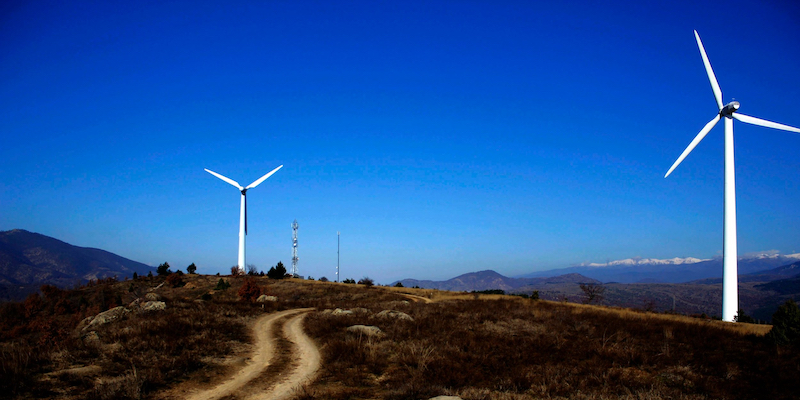 Which companies are reshaping the energy landscape in Canada? Based on recent trends in venture capital investment, it’s certainly not the oil and gas industry, and this spells trouble for the future of Canada’s energy incumbents.
Which companies are reshaping the energy landscape in Canada? Based on recent trends in venture capital investment, it’s certainly not the oil and gas industry, and this spells trouble for the future of Canada’s energy incumbents.
In the DEEP Centre’s latest research, we poured through five years of investment data, looking specifically at venture capital and private equity funding for cleantech firms between 2016 and 2020. We find energy-related plays come out as clear winners in our ranking of cleantech venture capital funding, but not the traditional Canadian energy sector as we know it.
With $393 million in total funding, bioenergy firms take the top spot thanks to a series of large deals for Enerkem, a waste-to-biofuels company that secured $367 million over four venture rounds between 2016 and 2020. Other top verticals by total VC dollars include energy management & analytics (2nd), renewable energy (3rd), energy efficiency (4th) and energy storage (6th). Collectively, these top energy-related verticals account for 73% of the $1.4B in venture funding between 2016 and 2020. Interestingly, only two of the 34 companies that secured deals in these verticals have anything to do with Canada’s traditional energy sector, the oil and gas industry.
The strength of energy plays is reinforced by the fact that energy efficiency and energy analytics firms have consistently closed big venture deals. While total venture funding ebbs and flows, each year, investors have poured significant dollars into firms that build digital solutions for analyzing energy consumption and increasing the energy efficiency of industrial operations. Firms that provide energy efficiency solutions – both hardware and software – have also consistently raised VC dollars in each of the five years between 2016 and 2020.
The investment focus on energy efficiency and energy management is not surprising given the findings from the DEEP Centre’s research on clean technology adoption by large industrial firms in Canada. In a 2016 survey of 72 firms (the majority of which are engaged in manufacturing, power generation, mining and oil and gas extraction), we found that investments in energy efficiency were the most common, with 81% of companies surveyed reporting investments in this area. We also found that lowering operating costs was the principal motivation for most investments in clean technologies. At the same time, the most frequently cited environmental benefits of cleantech adoption were lower GHG emissions (83%) and increased energy efficiency (71%).
In short, large industrial firms invest in energy efficiency solutions because efficiency measures can significantly reduce operating costs. Smart entrepreneurs and investors have honed in on demand for energy efficiency solutions, along with the tools to measure and analyze energy consumption.
For a detailed look at cleantech investment over the past five years, join me each Wednesday from May 19th to June 2nd for a live presentation and interactive discussion series on Canada’s clean growth economy. The series will dig into the trends identified above and a lot more, covering the key cleantech verticals and companies that are raising the most capital and what this means for Canada’s clean growth economy.
The series also identifies the Canadian cleantech disruptors powering the global low-carbon economy and highlights insights and recommendations for making Canada a global leader in developing, adopting and scaling low-carbon technologies.
Register for the series now and stay tuned for more updates and insights next week.